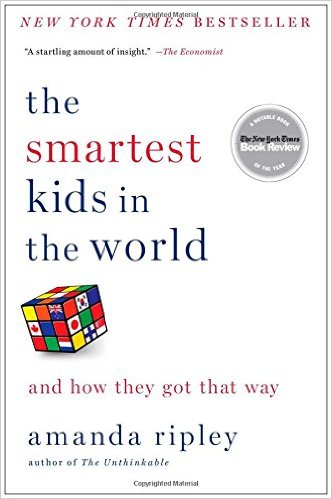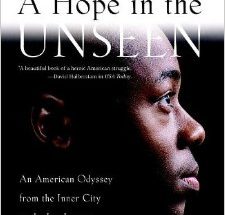
The Lost Children of Wilder is truly the most disturbing book I’ve read in quite some time. While I’ve always known, through personal observation as well as news articles, that the foster-care system is broken, Nina Bernstein’s book made that dysfunction painfully clear. By following Shirley Wilder and her son Lamont through their twists and turns within the foster care system — and juxtaposing that with advocate Marcia Lowry’s legal battle to “right” the blatant wrongs of the system — Bernstein shows that there is no easy, miracle solution to fixing any of our overarching societal problems. The foster care system is no exception.
Lowry, an attorney for the American Civil Liberties Union, valiantly fought to fix what she thought were the injustices of the foster care system. She felt that religious agencies involved in the process were selecting the children they helped through racial profiling, leaving minorities often worse-off and without the services their white counterparts were receiving. Obviously, this is a problem and Lowry was right to fight it. However, I think she was sorely mistaken in believing that winning the suit would overhaul the entire foster care system to the point where every child had an equal chance.
Shirley Wilder came from an impoverished and uneducated family with drug, alcohol and domestic violence problems. That’s why she had to go into foster care, a system that greatly failed her. At the risk of oversimplifying, that means there are two parts to this problem.
While the foster care system clearly still needs to change, the changes seen throughout the approximately 30 years the book covers seem to be minimal. Society needs to address the issues leading to the necessity of a system like foster care in the first place.
I realize that there will probably never be a time when foster care service isn’t needed, but the problem can and should be minimized to only the most extreme cases, and we should strive to achieve this by supporting those most likely to have to give a child up into the foster system, not by pulling the rug out from under them. When Lamont Wilder had a child himself, he wanted so badly to be a good father – to provide for his son what he never had. Even after years of abuse and instability in the foster care system, Bernstein portrays him as a good man who wants to do right by himself, and by his newborn son.
He wanted to get his GED. He wanted to go to school and make something of himself. He wanted to break the viscious cycle of poverty and foster care that he was born into. He worked regularly, was a father-figure to his son, and dreamed of ways to make things better. Despite his ambition, he didn’t make enough money. He couldn’t even pay his rent, let alone give his son the basic necessities. Bernstein alludes to the fact that Lamont most likely wouldn’t have gotten welfare if he applied for it after his son was born, citing stricter rules under former New York City Mayor Rudolph Giuliani.
Lamont was trying to make his situation better – a situation he was in because of the failures of the system. Yet, no matter how hard he tried, he couldn’t escape it. Lamont was being kept down by the very system put in place to help him.
While Lamont’s story was extremely upsetting to me, it was even more disturbing to think of the hundreds or thousands more like Lamont out there that our system is failing every day.



